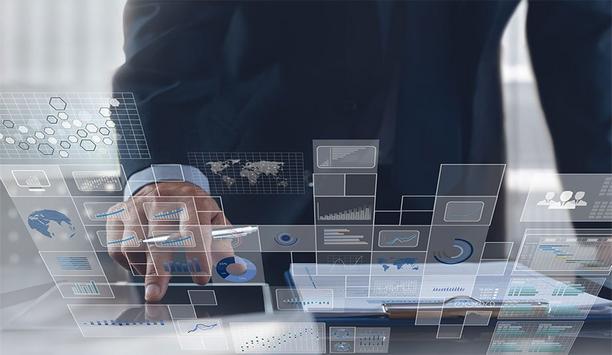 The City of Rotterdam faced a challenge when it began the search for an effective access control method to manage its 70 unmanned gymnasiums. The gymnasiums are clustered in city districts and are visited throughout the day and evening by tenants who hire out a specified time slot.
The City of Rotterdam faced a challenge when it began the search for an effective access control method to manage its 70 unmanned gymnasiums. The gymnasiums are clustered in city districts and are visited throughout the day and evening by tenants who hire out a specified time slot.
The gyms are supervised by on site managers who, prior to the installation of the new access control system, were handing out keys to the tenants renting the facility in an "archaic" system. This was less than ideal as managers found it difficult to cope with the large numbers of keys in circulation and they were reliant on the tenants to keep to their allocated time slot and turn off the lights when they left the building.
The managers would set timers to manage the heating, so that the hall was at the right temperature when the rental period commenced. This system was open to misuse as tenants could use the halls for longer than the time they were entitled to and often forget to turn off the lights, resulting in increased energy bills and loss of potential bookings revenue.
It was evident that a cost effective control system to manage the flow of tenants using the gyms and monitor heating, lighting and air conditioning was needed. Siemens Building Technologies Netherlands developed an access control system, using SiPass card technology, combined with Synco Siemens building automations system.
Managing director of Siemens Building Technologies Security Systems, Peter Hawksworth, explains: "Access control effectively monitors and restricts the movements of staff and visiting personnel and provides valuable management information. Siemens systems control and restrict movement at doors, gates, barriers and turnstiles. They can link to fire and intruder alarms and monitor environmental sensors."
Peter continues: "Sites can be networked and managed centrally, saving money on the manned security function and data storage. Siemens card technology allows full interchangeability, so you can enter a range of card types into one system for freedom of choice and cost-savings. This method can be used across many sites without compromising security."
The new access control system at the Dutch gyms defines who has access at the time allocated. Instead of a key, the tenant is now given a chip card containing data relating to their booking. The system can also register who was using the facility at any given time. As soon as a tenant enters the gym, the access system activates the building automation system controlling air conditioning, heating and light management. Ten minutes before the session comes to an end, the tenant is alerted by an audible signal. At the end of the rental time the lights in the gyms switch off automatically and heating is reduced to a lower level to save energy.
The same system controls the changing rooms, with the warm water automatically stopping after time allowance is up. The system registers the first and final rental sessions of the day and automatically selects the appropriate day or night levels of heating and lighting.
 Each night the registered data from that day is automatically uploaded to each manager's GSM modem. The information supplied is simple to access, directly relevant to each gym and facilitates remote active management. All details are recorded including the times that cleaners or engineers have been at work. Even doors that are left open, technical faults or emergency incidents are reported immediately by text message.
Each night the registered data from that day is automatically uploaded to each manager's GSM modem. The information supplied is simple to access, directly relevant to each gym and facilitates remote active management. All details are recorded including the times that cleaners or engineers have been at work. Even doors that are left open, technical faults or emergency incidents are reported immediately by text message.
Since the installation of the access control system there has been a reduction in CO2 emissions across the 70 sites and energy consumption has decreased by up to 20 per cent. The City of Rotterdam has also benefitted from a 10 per cent increase in income from the rented time slots as now gym users are unable to continue using the facilities once their time is up!


